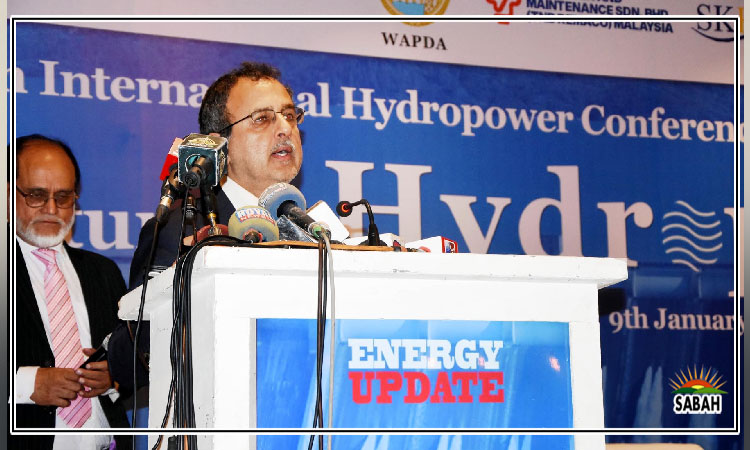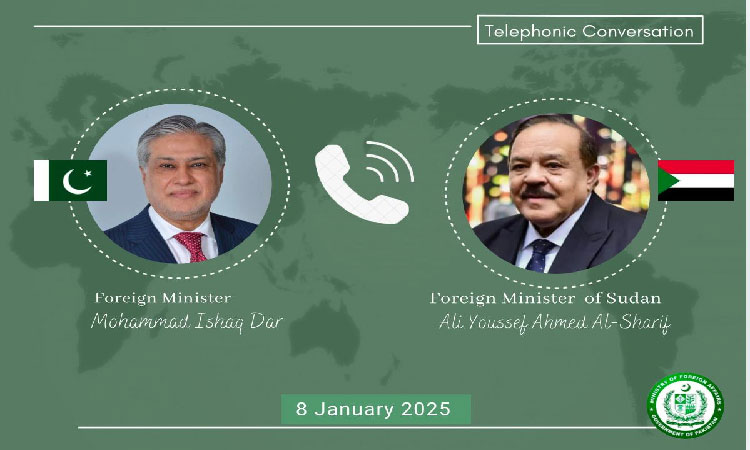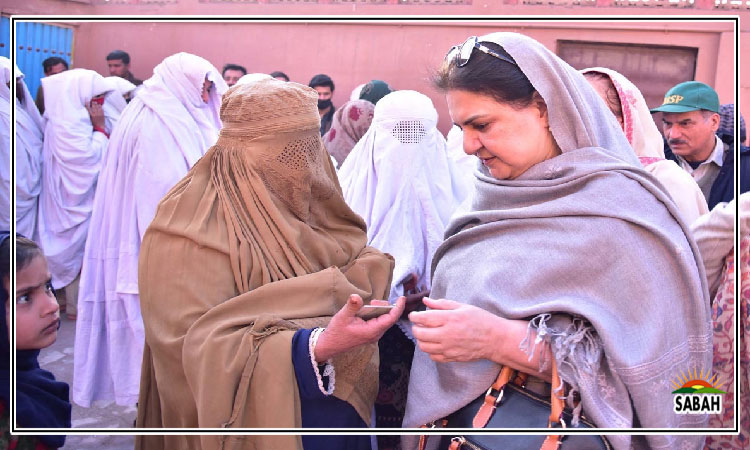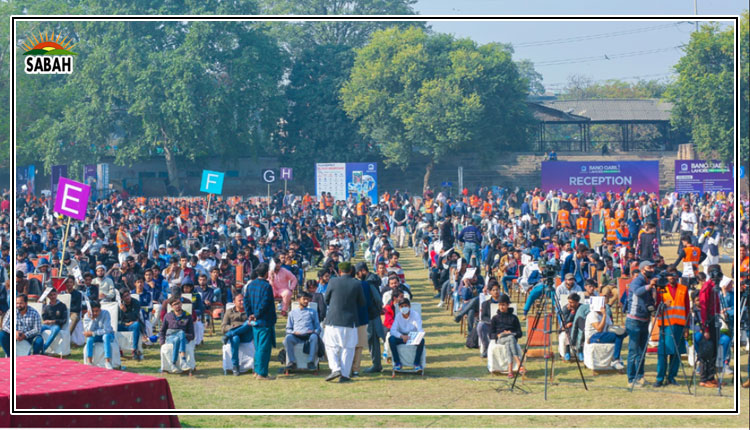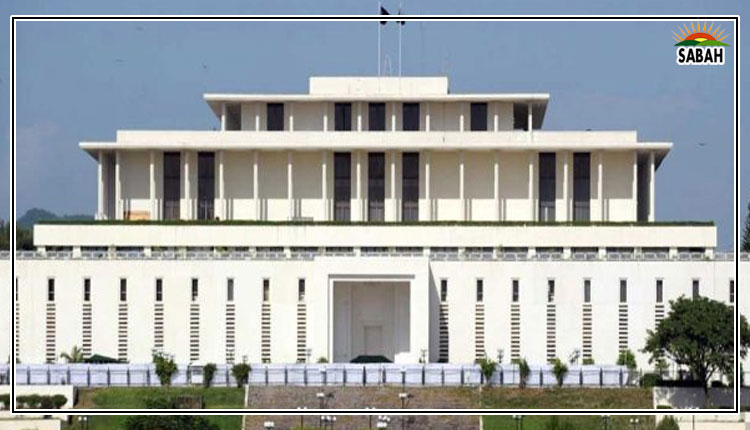Localise international aid… Syed Mohammad Ali
Provision of international aid remains problematic at best. Aid provision is contentious because it is used to pursue geostrategic objectives, to promote economic policies which favour donor countries, and due to its tied nature.
Tied aid implies providing foreign assistance in a manner which compels poor countries to purchase goods and services from donor nations. The use of tied aid thus undermines the goal of stimulating the economy of recipient countries and building the capacity of local actors to achieve sustainable development.
Prominent donor nations, like the US and Japan, often make poorer countries spend billions of dollars allocated in aid money to hire experts and to buy products made by firms located within their own countries. While the demand of untying international aid is not new, donor nations remain resistant to the idea of allowing localisation of their overseas development assistance funds. According to an interesting new research study titled Passing the buck: The economics of localizing international assistance only a miniscule amount of total development assistance provided by wealthy countries goes directly to local development actors.
Bilateral donors continue to rely on their own private contractors to act as intermediaries for implementing varied development initiatives. These intermediary entities, be it private consulting firms or international NGOs, do not readily share decision-making powers with local actors, which often makes development initiatives less responsive to ground realities.
It is understandable that bilateral donors themselves do not have the capacity to directly supervise thousands of small grants to hundreds of local level NGOs or community-based organisations. Donors hence need intermediaries to utilise funding allocated for development purposes. But instead of relying on their own domestic intermediaries, bilateral donors can begin shifting more resources and decision-making powers to local intermediaries such as NGOs in recipient countries. Local actors are much better positioned to coordinate with the myriad on-ground stakeholders of relevance to specific projects, be it different local level government offices, local politicians or community-based representatives.
The aforementioned report analysed the potential financial impact of shifting 25% of overseas assistance aid to local intermediaries. It estimated that local intermediaries could deliver programming that is 32% more cost-efficient than international intermediaries.
Shifting more donor funds to local intermediary structures would not only deliver significant cost efficiencies, but also create a more equitable aid system. Relying on local partners would make development programmes much more relevant to the felt needs on the ground. Such localisation would further help build local capacities instead of relying on external expertise which withdraws from poorer countries as soon as donor funding dries up, and initiatives put in place by them then begin to fall apart. Localising aid could also help overcome the systemic racism, and the power differentials between local and international development actors, which continue to plague humanitarian and development efforts.
At the same time, however, ensuring that allocated aid is not squandered requires local intermediaries to be able to absorb and deliver massive amounts of funds to local communities. Or else, donors will have little choice but to rely on their own consulting firms and NGOs to manage aid provision. If donors are serious about rethinking the nature of partnerships between international donors and local intermediaries, they need to create mechanisms for identifying, strengthening and at times even creating local intermediary structures to enable aid localisation.
Enabling local actors to absorb and effectively spend donor provided funds will not happen overnight. It will require concerted efforts to ensure that local intermediary structures are representative, efficient and transparent so that they can enable inclusiveness and accountability. Otherwise, local intermediaries could also waste provided aid, worsen corruption and exacerbate elite capture.
Courtesy The Express Tribune





